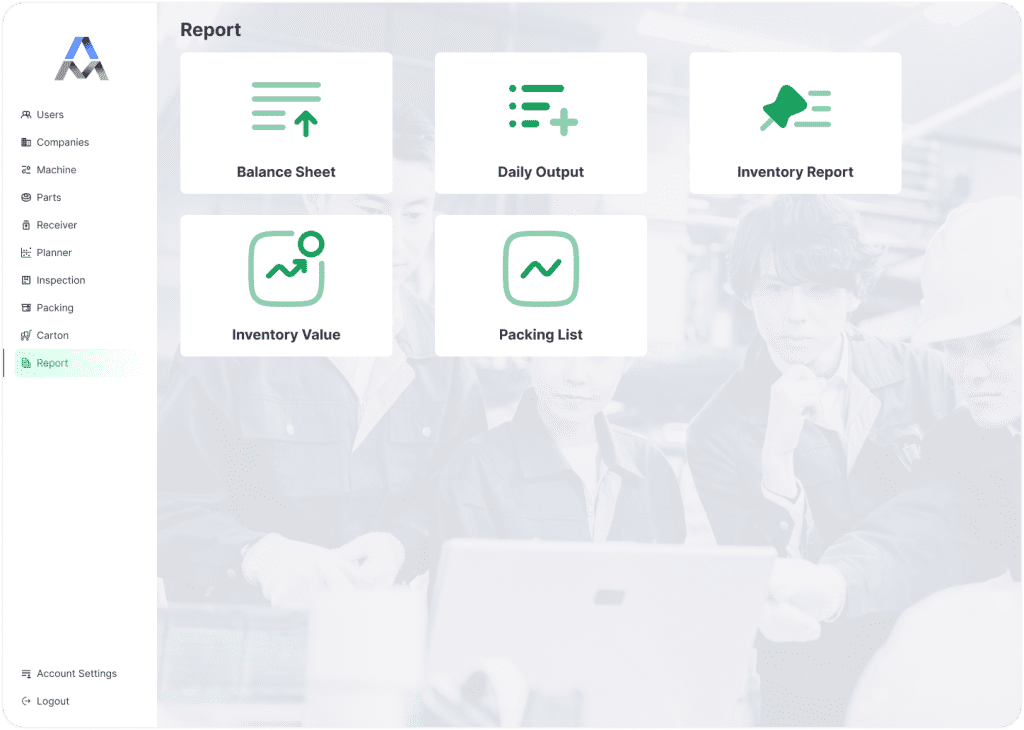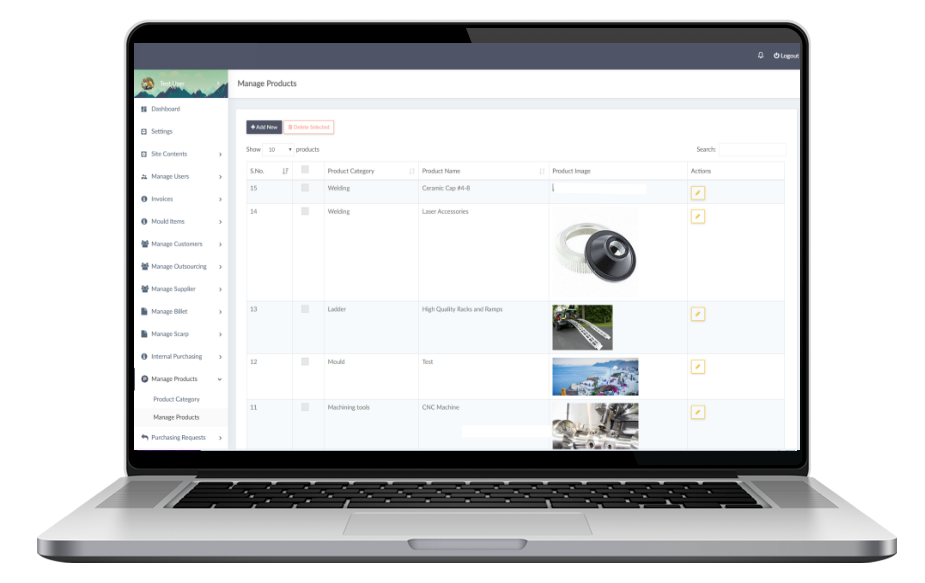In Singapore’s fast-paced business landscape, efficiency is the name of the game. From the meticulously organized port operations to the seamless flow of goods in bustling e-commerce warehouses, the backbone of this precision is a Warehouse Management System (WMS).

Whatsapp Us for more information about custom WMS.
Click Here to learn more about our custom WMS system development.
Let’s dive into how WMS solutions are redefining logistics in Singapore, empowering businesses to meet the demands of a thriving digital economy and an increasingly discerning customer base.

Why WMS Matters in Singapore
Singapore stands as a global logistics hub, where warehouses aren’t just storage spaces—they’re the beating hearts of commerce. Whether it’s handling delicate electronics, fresh produce, or high-value luxury items, warehouses here face unique challenges:
- Limited Space: Land scarcity demands efficient storage and optimized layouts.
- High Expectations: Customers demand fast deliveries and accurate order fulfillment.
- Tech-Forward Environment: Businesses here are always on the lookout for innovative solutions.
This is where a robust WMS steps in to turn chaos into order, inefficiency into precision, and complexity into streamlined operations.
The Singaporean Warehouse: A High-Stakes Game of Tetris
Picture this: a modern warehouse in Tuas, brimming with rows of towering racks and a ballet of forklifts zipping between aisles. It’s no simple feat to keep operations flowing like clockwork. A well-implemented WMS transforms this logistical puzzle into an orchestrated symphony.
- Optimized Space Utilization
- By mapping every square meter of the warehouse, a WMS ensures products are stored in the most space-efficient manner.
- Dynamic slotting features adjust storage locations based on demand patterns, seasonal trends, and inventory turnover rates.
- Seamless Order Fulfillment
- With Singapore’s e-commerce sector booming, speed is critical. A WMS integrates real-time data to guide pickers to the right items faster, reducing errors and delays.
- Advanced systems even incorporate robotics, enabling warehouses to achieve lightning-fast order processing.
- Scalability for Growth
- From SMEs to multinational corporations, a scalable WMS grows with your business, ensuring you’re prepared for higher order volumes and expanding product lines.
Key Features of a Modern WMS in Singapore
A top-tier WMS isn’t just software—it’s a strategic investment. Here’s what sets the best systems apart:
- Real-Time Inventory Visibility
- Know what’s in stock, where it’s located, and its movement across your supply chain.
- Leverage barcode and RFID integration for accuracy down to the last SKU.
- Seamless Integration with Local Ecosystems
- Connect your WMS with Singapore’s leading logistics providers, e-commerce platforms, and ERP systems for a unified operation.
- Data-Driven Insights
- Harness analytics to forecast demand, identify bottlenecks, and optimize labor allocation.
- Make informed decisions with actionable reports tailored to your business needs.
- Adaptability to Singapore’s Trade Climate
- Ensure compliance with customs regulations and integrate with Smart Nation initiatives, like digital trade documentation.
Industries Leveraging WMS in Singapore
Singapore’s diverse economy means WMS solutions need to cater to various sectors:
- E-Commerce and Retail: Fast delivery expectations make WMS essential for managing high volumes of orders.
- Pharmaceuticals: Temperature-sensitive and regulated goods require precise tracking and storage.
- Electronics: High-value products demand accuracy and security in handling.
- F&B: Shelf-life management and FIFO (First In, First Out) are critical for fresh produce and perishables.
Why Singapore is the Ideal Place for WMS Innovation
Singapore’s strategic position as a logistics powerhouse makes it a hotbed for WMS innovation. Here’s why:
- World-Class Infrastructure: With state-of-the-art ports and airport facilities, the foundation for efficient logistics is unmatched.
- Tech-Savvy Workforce: Skilled professionals embrace cutting-edge technologies, driving rapid adoption of WMS solutions.
- Government Support: Initiatives like the Smart Nation program encourage digital transformation across industries.
Transforming Warehousing Through Technology
The future of warehousing in Singapore is more than just automation—it’s about smart systems that think ahead. Imagine warehouses equipped with AI-driven WMS, where predictive analytics optimize stock levels and drones handle stocktaking.
These innovations are no longer far-fetched dreams. With Singapore leading the charge in digital transformation, the next wave of WMS solutions is already being tested and implemented.

The Role of Data and Analytics in Modern WMS
A powerful WMS doesn’t just track goods — it turns warehouse activity into valuable insights. With real-time dashboards and analytics, managers can monitor productivity, identify slow-moving stock, and forecast demand trends.
For example, predictive analytics can warn when certain SKUs will run low or highlight inefficient pick routes. This level of visibility helps businesses cut waste, optimise labour, and reduce storage costs — crucial advantages in Singapore’s high-rent industrial zones.
Integration with IoT, AI, and Robotics
The latest WMS platforms are evolving beyond simple inventory control. They integrate with IoT sensors, AI-driven automation, and robotic picking systems to make warehouses smarter and safer.
Temperature sensors monitor cold storage rooms automatically, while AI algorithms recommend the best storage layout. In larger operations, autonomous mobile robots (AMRs) work alongside human pickers to speed up fulfilment. These innovations are redefining productivity standards across Singapore’s logistics ecosystem.
Cybersecurity and Cloud Reliability
As more businesses move their WMS to the cloud, cybersecurity and data protection have become top priorities. Cloud-based systems offer encrypted data transfer, automated backups, and role-based access — ensuring your warehouse data remains secure even in the event of system failure.
Moreover, since cloud WMS can be accessed anywhere, companies benefit from flexibility and disaster recovery resilience without heavy IT infrastructure.
Sustainability in Warehousing
Singapore’s push toward green logistics means that modern WMS platforms now incorporate sustainability tracking. Businesses can monitor energy usage, paperless documentation, and even carbon emissions linked to logistics activities.
Smart routing and batch optimisation also reduce fuel consumption during dispatch. As sustainability becomes a key part of brand reputation, these features position companies ahead of regulatory trends and consumer expectations.
Looking Ahead: The Connected Warehouse
The future warehouse in Singapore will be fully connected — where ERP, WMS, and transport systems communicate seamlessly. From live vehicle tracking to automatic customs documentation, the next generation of WMS will provide complete end-to-end visibility.
Businesses that adopt these technologies early will enjoy stronger resilience, faster delivery speeds, and lower operational costs.
Conclusion: Efficiency Meets Excellence
In Singapore, where every square meter counts and customer expectations soar, a Warehouse Management System isn’t just an advantage—it’s a necessity. Whether you’re a local SME or a global enterprise, investing in the right WMS ensures your business stays competitive in this fast-moving landscape.
Ready to elevate your warehouse operations and meet the demands of tomorrow? The future of logistics is here, and it starts with a smart WMS tailored for Singapore’s unique needs.
Let’s build the warehouse of the future, today. 🚀
Click Here to learn more about us.
Or

Whatsapp Us for more information about custom WMS. We as a trusted web application development expert today and take your business to the next level!

